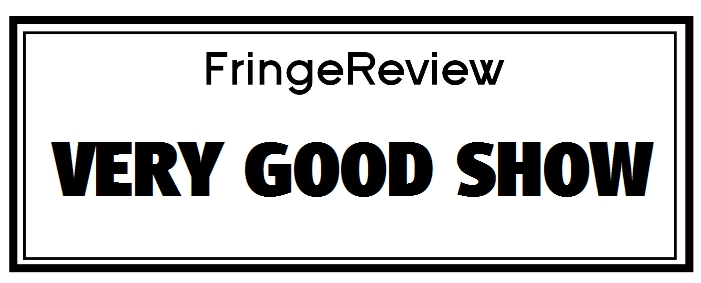Dublin Fringe Festival 2018
Drip Feed
Written and performed by Karen Coogan, Directed by Oonagh Murphy

Genre: Contemporary, New Writing
Venue: Project Arts Centre Space Upstairs
Festival: Dublin Fringe Festival
Low Down
Brenda is somewhat young, queer and living in Cork during the 1990s. Her neighbours leer, a stranger makes a comment and don’t even get started on her mother’s “opinions”. Drip Feed is about a complex, imperfect and very human woman. At times you’ll want to cheer for her, other times you’ll want to boo. In the end this lovable sometime hero, sometime drunk, often funny, loveable, mid-30s, queer, dreamy mess is a person worth hearing out. Being in her presence points a brighter light on all the stories, the narratives, the people who we need to see on stage. It’s 2018, bring on another thousand stories like this – please.
Review
Much like the name describes, Drip Feed at first reveals information in small pieces, a character is formed slowly, through conversation. Brenda becomes more fully realized and therefore more compelling as the show proceeds. The audience sits on three sides. We are asked to sit close, this is our fireside chat.
When we first meet Brenda she’s disgruntled and living with her mother. Playwright and performer Karen Coogan depicts a contradictory and complex woman, that is to say – all women, real woman, real people. Brenda is a queer woman living in Cork during 1998. She’s hung up on an old girlfriend and as the story progresses that hang up reveals itself to be a gnawing obsession. But, importantly, it’s not all about the girl. It’s Brenda’s desire to be with someone who she feels is special, beautiful… idealized.
Brenda is a character whose arc takes her into a world of darkness before the light on the other side can be uncovered. Some may argue the show becomes so dark it makes it difficult to root for her, to empathize with her. This may not be helped by an unchanging set that does not necessarily transport us into different settings, making a sense of place seem fuzzy and half-realized. We are left with a niggling sense that everything is a retelling in Brenda’s mind, stifling the raw emotional impact.
Throughout the show, Brenda begins to lose her loved ones. The disintegration of this small group is at least in part due to her sexual identity. A key theme of the play is the subtle and not so subtle ways that queer people face micro and macro aggressions. As Brenda loses her support system, she’s forced to deal with her own desires, wants and needs. Brenda in her 30’s has been a dreamer but along the ways, she’s become part of the furniture in Cork. She is encircled in a mileage of violence, identity politics, small-town life, substance abuse, age, the housing crisis and undying love. Brenda’s emotional journey is to redefine herself and create a life that brings her joy.


















































